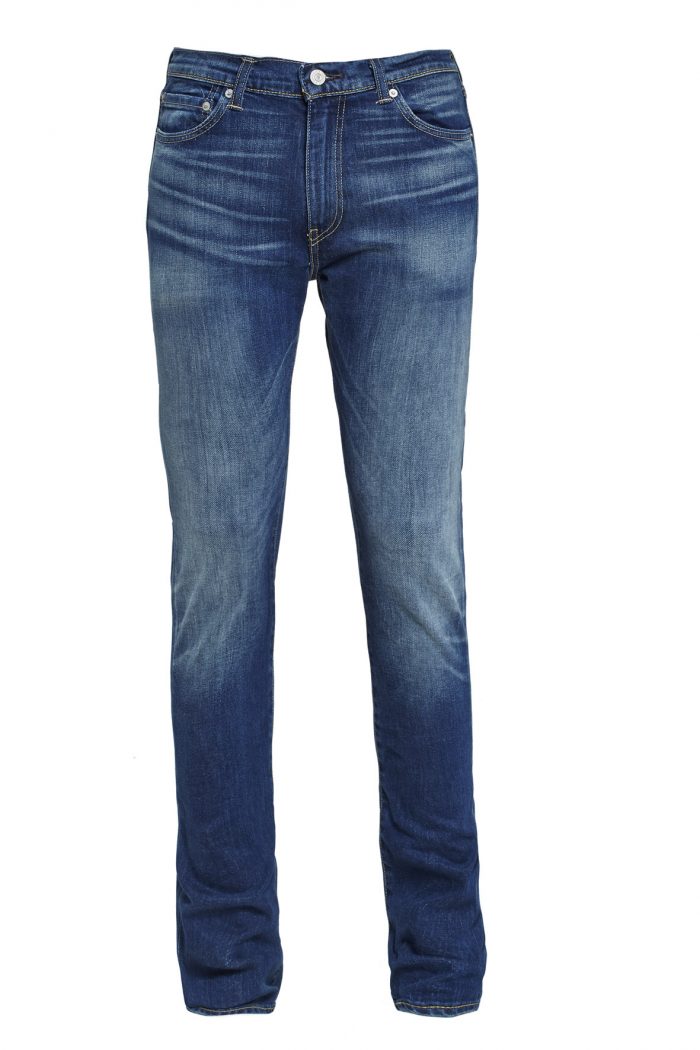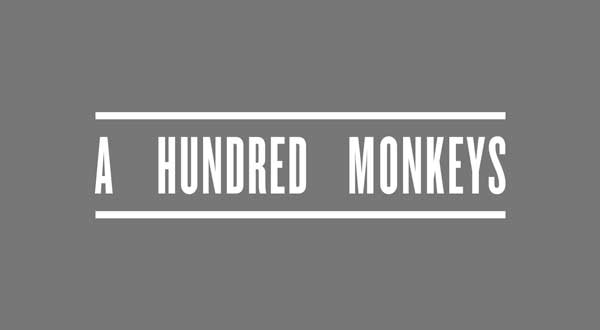When designer jeans are your True Religion
by Jeffery Racheff
There are two ways to define a pair of denim jeans. The first says they are nothing more than sturdy lifestyle-and-work pants, made from reasonably cheap material, that go just as well with Motörhead t-shirts as they do with bow ties. But the second definition takes a different approach. This angle sees jeans as fashion statements, as status symbols and as worthy substitutes for car payments.
Popularized as protection from the elements for gold-miners in the 19th century, denim jeans were originally meant to be durable, versatile and, most importantly, cheap. Now, however, designer brand jeans can cost more than your petty pan of gold. A pair of 7 For All Mankind (for either sex) will run you anywhere from $150 – $250, while a pair of True Religion pants can cost almost $400. Yes, $400… for jeans! I know this isn’t anything new, but I guess the shock still hasn’t worn off. Then, of course, there are the jeans that sell for the price of cars. Escada’s couture line, for example, sold a pair for $10,000 that was encrusted from hip-to-hem with Swarovski crystals. While this may be an extreme case, there are still those who believe the name on the back of their trousers is as much of a status symbol as that leaping wildcat on their Jag. So while we might gag and choke at the thought of jeans that run over $1,000, some find the price tag to be completely worth it.
Needless to say, denim has come a long way in the last 150 years, both in fashion and cost. But what about the names of the brands themselves? How does this factor into a consumer’s decision to shell out top-dollar for clothing? The way I see it, there exist three major categories of names for designer jeans, each of which aims to promote a feeling or a story for the potential buyer and, consequently, the potential wearer.
Designer Names
Ralph Lauren, Calvin Klein, Dolce & Gabbana, Marc Jacobs… Jeans with designer names on them promote the idea that they were crafted from the individual imagination and personality of a big name fashion designer. There’s a more personal feeling in thinking that someone who gets paid to have good taste specifically designed these jeans for you. Unfortunately, when you say you are “wearing Ed Hardy” it sounds like you’ve just made out with a mechanic, when in actuality you’ve only purchased fancy dungarees from his bedazzled tool chest.
Pants with a Conscience
Rock & Republic, True Religion, 7 For All Mankind, Citizens of Humanity, Sanctuary… Put simply, they’re more than just jeans. These names convey a participation in something deeper, as if buying a pair of Citizens of Humanity marks you as a human being who is altruistic and part of a mission much larger than denim. I can’t help but imagine that consumers who have the money to buy these kinds of jeans don’t feel too bad about the idea of being seen as charitable or worldly either. Hey, if all it costs to be worldly is $300 and a trip to a denim bar, sign me up. In all, they seem to be part of a growing trend that views the concept of philanthropy as fashionable. Who knows, maybe this eases some of the guilt of spending so much money on jeans.
A Worker’s Attitude
Diesel, Earnest Sewn, Paper Denim Cloth, Joe’s, Paige, Lucky… This is the wild card category — it’s full of little monikers that people find intriguing because they’re so vague and open-ended. In the men’s aisle, brands like Lucky and Diesel make you think of simplicity and experience—a 5 o’clock shadowy ruggedness and that signifies these jeans have been put to use. Maybe the wearer has been painting the barn or working under the Camaro all afternoon. This is akin to the reason people buy pre-ripped, bleach-speckled jeans (True story: my stepfather once returned a pair of upper-priced denim jeans after discovering there was a rip in the pant leg. He was aghast when he found people actually want to pay that much money for trousers with holes in them). If working in a halogen-filled, textile-upholstered cubicle all day long doesn’t put enough wear in your jeans, you can always pay to have them pre-worn for you. After all, working in an office park is taxing and this should be reflected in your jeans.

Of course, as most fans of designer jeans will tell you, it doesn’t matter at all what name the big-ticket britches carry—it’s all about the fit. More expensive brands, the story goes, just have better fabric and more considered cuts that are more flattering to your lower half. So if you’ve got the money for it, why not splurge for comfort? Let’s just hope you don’t get spoiled with all the fancy perks and then have to resort to plain old Levi’s again. We wouldn’t want you to have to wear sandpaper and cardboard like the rest of the us.
